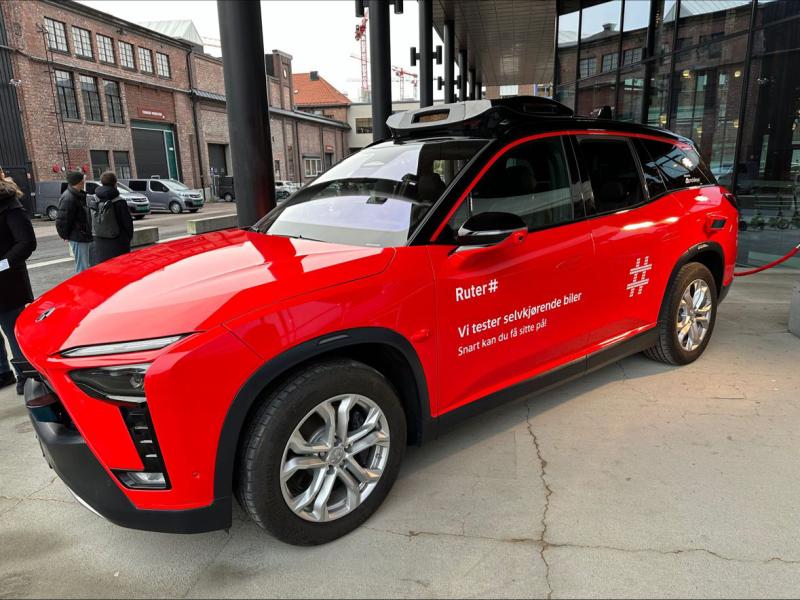
Tech by Android – The investment landscape is rapidly evolving. Each year brings new focal points for global capital. In 2025, two sectors clearly lead the trend. Autonomous Cars and generic pharmaceuticals dominate headlines and portfolios alike. These industries reflect broader human needs. Mobility and healthcare continue to shape economic priorities. Consequently, investors shift resources toward these transformative technologies.
Self-driving cars are no longer experimental. Instead, they now cruise city streets in growing numbers. Companies like Tesla, Waymo, and Baidu compete intensely. Moreover, cities such as Berlin, Tokyo, and Los Angeles embrace autonomous mobility. This shift sparks investor interest. Beyond mere transportation, these cars offer safety, data collection, and emissions control. As a result, multiple industries feel their impact.
With autonomous cars gaining traction, infrastructure must evolve. Consequently, cities invest heavily in smart roads, 5G networks, and charging stations. Governments lead the charge, but private capital soon follows. For instance, real estate near these upgrades sees rising value. Additionally, logistics companies deploy driverless trucks and drones. These developments form an interconnected ecosystem. Thus, mobility investment now includes technology, logistics, and energy.
On the healthcare front, generics take center stage. Rising treatment costs force governments to act. Therefore, generic drugs provide a cost-effective solution. As patents for blockbuster drugs expire, new opportunities arise. Emerging economies like India and Brazil ramp up production. Importantly, generics maintain safety and effectiveness. For that reason, investors view them as low-risk, high-demand assets.
“Read About: How to View Email Passwords on Android and iPhone”
Historically, biotech funds favored cutting-edge innovation. However, 2025 brings a strategic shift. Now, many funds balance high-risk research with stable generics. Companies like Teva and Sandoz gain renewed attention. Notably, generic producers modernize operations using AI. Consequently, they reduce cost and improve efficiency. Thus, even traditional investors find them increasingly attractive.
Artificial intelligence plays a central role in both industries. In mobility, AI handles object detection, navigation, and decision-making. Meanwhile, in pharmaceuticals, AI accelerates drug discovery and testing. This overlap attracts multi-sector funds. Moreover, it promotes collaboration between tech and health firms. As a result, hybrid startups emerge, combining diagnostics, transportation, and automation.
Environmental, Social, and Governance (ESG) factors now guide investor choices. Fortunately, both sectors score well in ESG evaluations. Autonomous cars reduce pollution and prevent accidents. Similarly, generics increase access to affordable medicine. Therefore, sustainability-focused funds actively support these industries. Furthermore, new ESG indices include companies from both sectors. Impact investing and profit now go hand in hand.
Despite exciting growth, regulation remains a major force. Governments continuously update rules for self-driving vehicles. Safety, insurance, and ethics come under intense scrutiny. Meanwhile, generic drugs must meet strict production standards. Thankfully, regulatory clarity in some countries encourages investment. Investors prefer jurisdictions with predictable, transparent policies. In this context, politics often shapes market direction.
After the COVID-19 pandemic, supply chain strength matters more than ever. Accordingly, investors favor companies with localized or diversified production. In pharmaceuticals, regional manufacturing reduces delays. Likewise, in mobility, chip and battery suppliers establish global hubs. These strategies reassure investors. Stability and adaptability become part of the value proposition.
Platforms like Robinhood and eToro democratize access to these trends. Therefore, retail investors explore ETFs focused on healthcare or technology. Social media also boosts visibility. For example, TikTok analysts spotlight breakthrough startups. Meanwhile, Gen Z investors show interest in ethical innovation. Consequently, even niche players gain funding through crowdfunding and tokenization.
Looking ahead, long-term prospects appear strong. Autonomous vehicles will redefine transport and logistics. At the same time, generics will make treatment more accessible worldwide. These trends align with urban growth, aging populations, and digital health. Thus, investors with foresight position themselves early. Despite market shifts, confidence in these sectors remains high.